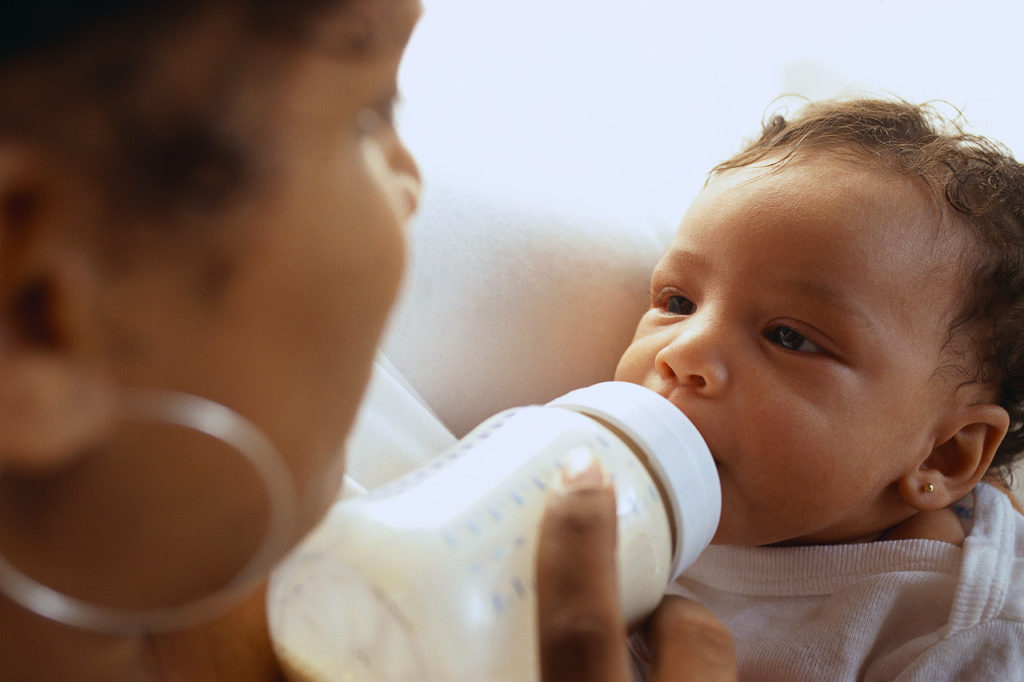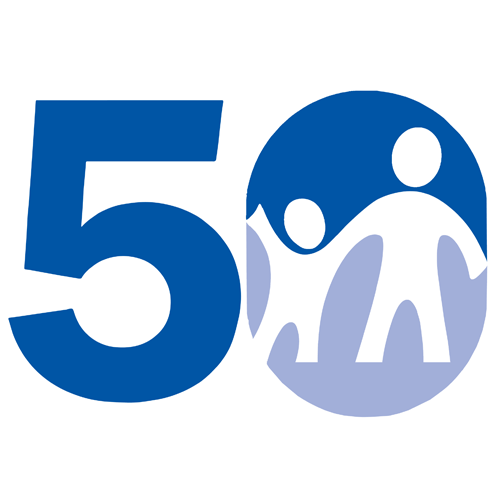By Jennifer Gioia, CCSA Communications Manager
Millions of Americans live with mental illness. With May just passing as National Mental Health Awareness Month, it is important to recognize that prevention and early intervention are the solutions to a healthier, happier life. 1 The National Alliance on Mental Illness records 1 in 5 (46.6 million) U.S. adults experience mental illness at least once in their lifetime, and “half of all lifetime mental health conditions begin by age 14 and 75% by age 25, but early intervention programs can help.” 2
One dependable way to intervene and prevent mental illness is recognizing it as early as possible, since even infants and young children can have mental and developmental disorders. 3 Healthy social and emotional development is the foundation for brain development in young children, and high-quality early care and education is a large piece of that development.
Child Care Services Association (CCSA) works to build solid foundations for the development of our youngest children by ensuring all children have access to high-quality early care and education and that their teachers are educated and qualified. To ensure accessibility and affordability for all children, CCSA offers free child care referral services and scholarships for parents. CCSA also maintains teachers are educated and stable through the T.E.A.C.H. Early Childhood Scholarship program, and the Child Care WAGE$ and Infant-Toddler Educator AWARD$ Plus compensation programs.
With this high-quality child care and education, infants and toddlers, “who engage with responsive, consistent and nurturing caregivers, are more likely to have strong emotional health throughout life.” 3 Supports such as T.E.A.C.H., WAGE$ and AWARD$ Plus help child care teachers further their education and receive additional compensation, allowing them to continue teaching and caring for our youngest children.
While having happy, educated and stable teachers improves the quality of care and education a child receives, child care can still be unaffordable for parents, especially if they have more than one child in need of care. CCSA’s free child care referral services simplify the child care search, helping parents focus on what’s truly important for their specific child’s needs without worrying about another expense. “Ensuring all families have access to affordable, high-quality child care can help mitigate some of the impacts of poverty and prepare children for success in school and beyond.” 4
However, even with affordable and positive early childhood experiences and stable educators, mental health and developmental delays can be seen as early as infancy. 3 “Children can show clear characteristics of anxiety disorders, attention-deficit/hyperactivity disorder, conduct disorder, depression, posttraumatic stress disorder, and neurodevelopmental disabilities, such as autism, at a very early age. That said, young children respond to and process emotional experiences and traumatic events in ways that are very different from adults and older children. Consequently, diagnosis in early childhood can be much more difficult than it is in adults.” 5
It is important to identify and treat mental health disorders as early as possible to reduce impairment, suffering and effects on overall health and development. 3 However, it can be difficult to identify mental health illness in young children, and parents may turn to their child’s doctors or teachers for guidance. “If properly identified using diagnostic criteria relevant to infant and early childhood development and experiences, many of these challenges can be effectively treated.” 3
“It is clear that state agencies [also] must attend to the mental health needs of infants and young children if they want to improve health and developmental outcomes, prevent impairment due to early adversity, provide trauma-informed care, and ultimately, see better returns on investment. Adopting an age-appropriate diagnosis and treatment is a significant step toward assuring better overall health for infants, young children, and their families” 3 and the teachers who educate and nurture our youngest.
Sources:
(1) https://www.nami.org/Get-Involved/Awareness-Events/Awareness-Messaging
(2) http://www.ncimha.org/
(3) A. Szekley, C. Oser, J. Cohen, T. Ahlers. ZERO TO THREE. Advancing Infant and Early Childhood Mental Health: The Integration of DC:0-5TM Into State Policy and Systems. July 31, 2018.
(4) https://www.americanprogress.org/issues/early-childhood/reports/2018/11/15/460970/understanding-true-cost-child-care-infants-toddlers/
(5) https://developingchild.harvard.edu/science/deep-dives/mental-health/




